- 1 - Understanding Life After a Stroke: Rehabilitation and Recovery
- 2 - Key rehabilitation strategies after a stroke
- 3 - Mental and emotional recovery in stroke rehabilitation
- 4 - Real-life stories of stroke recovery and rehabilitation
- 5 - Where to find support and resources for stroke recovery
Understanding Life After a Stroke: Rehabilitation and Recovery
Life after a stroke can be challenging, but with the right rehabilitation and recovery strategies, many individuals can regain their independence and improve their quality of life. Life After a Stroke: Rehabilitation and Recovery Strategies is a journey that involves a combination of physical, emotional, and mental healing. Understanding the importance of early intervention and consistent care is key to maximizing recovery potential. Stroke recovery isn't just about regaining lost abilities but also about adapting to a new way of life and embracing a process of healing that can take time and patience.
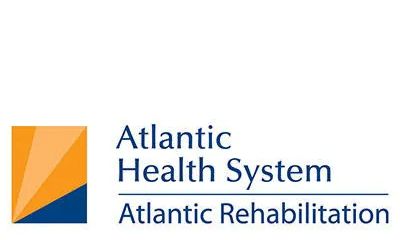
Key rehabilitation strategies after a stroke
Rehabilitation plays a vital role in stroke recovery. The right combination of therapies can help stroke survivors improve mobility, speech, and cognitive function. Here are some key rehabilitation strategies that are commonly used in the recovery process:
1. Physical Therapy (PT): Physical therapy is crucial for regaining strength, balance, and coordination. PT helps stroke survivors improve their ability to move and perform daily activities. Exercises are often tailored to an individual's needs, and recovery can range from simple movements to more complex tasks like walking or using a hand to grasp objects.
2. Occupational Therapy (OT): Occupational therapy focuses on helping individuals regain the skills needed for daily activities, such as eating, dressing, and bathing. OT may involve practicing motor skills, hand-eye coordination, and adapting the home environment to improve functionality and safety.
3. Speech and Language Therapy (SLT): For stroke survivors who experience speech or language difficulties, speech therapy is essential. It helps patients regain the ability to communicate, swallow properly, and improve their cognitive function. Techniques include exercises for speech articulation, language comprehension, and memory recall.
4. Cognitive Rehabilitation: Stroke often affects cognitive abilities, including memory, problem-solving, and attention span. Cognitive rehabilitation focuses on improving these skills through exercises and activities that challenge the brain and promote mental agility.
Roosevelt Rehabilitation & Healthcare Center
roosevelt rehabilitation & healthcare center
7800 Bustleton Ave, Philadelphia, PA 19152, USA
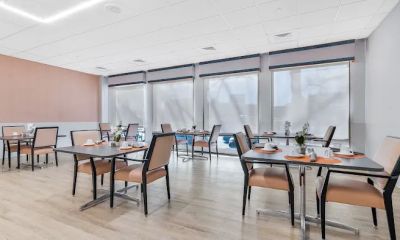
Mental and emotional recovery in stroke rehabilitation
While physical rehabilitation is often the primary focus, mental and emotional recovery are just as important. Many stroke survivors experience emotional challenges, including depression, anxiety, and frustration. These feelings are natural, but addressing them is crucial for a successful recovery.
1. Psychological Support: Professional counseling or therapy can help stroke survivors cope with the emotional toll of their condition. A counselor or therapist can help individuals manage their feelings of anxiety, sadness, or anger that may arise as they adjust to the changes in their lives.
2. Support Groups: Joining a stroke support group can provide a sense of community and emotional support. These groups allow survivors to connect with others who have gone through similar experiences, share coping strategies, and encourage one another throughout the recovery process.
3. Family and Social Support: Family members and friends play a vital role in the emotional recovery process. Their understanding, encouragement, and patience are essential for helping stroke survivors navigate the challenges of rehabilitation and adjusting to their new lifestyle.
Real-life stories of stroke recovery and rehabilitation
Real-life stories of stroke recovery are powerful and can inspire hope. One stroke survivor, John, suffered a severe stroke that left him unable to speak or move his left arm. With intensive physical and speech therapy, John made significant progress over the next six months. While he still faces challenges, John now enjoys daily walks with his dog and has regained enough speech to communicate effectively with his family. His story proves that with dedication, patience, and the right support, even the most difficult recoveries are possible.
Another inspiring case involves Mary, who experienced a stroke at age 65. Mary initially struggled with memory loss and was unable to perform basic tasks like cooking or cleaning. Through occupational therapy and cognitive rehabilitation, she regained her independence and now leads a fulfilling life, participating in community activities and traveling with friends. Her journey highlights the importance of a well-rounded approach to stroke rehabilitation that addresses both mental and physical recovery.
Where to find support and resources for stroke recovery
If you or a loved one is recovering from a stroke, seeking professional guidance and support is essential. At HeartCare Hub, we provide valuable resources for stroke survivors, including access to rehabilitation professionals, mental health support, and helpful tools for recovery. Our expert team is dedicated to offering personalized advice and support to help you navigate life after a stroke and take proactive steps toward regaining health and well-being.

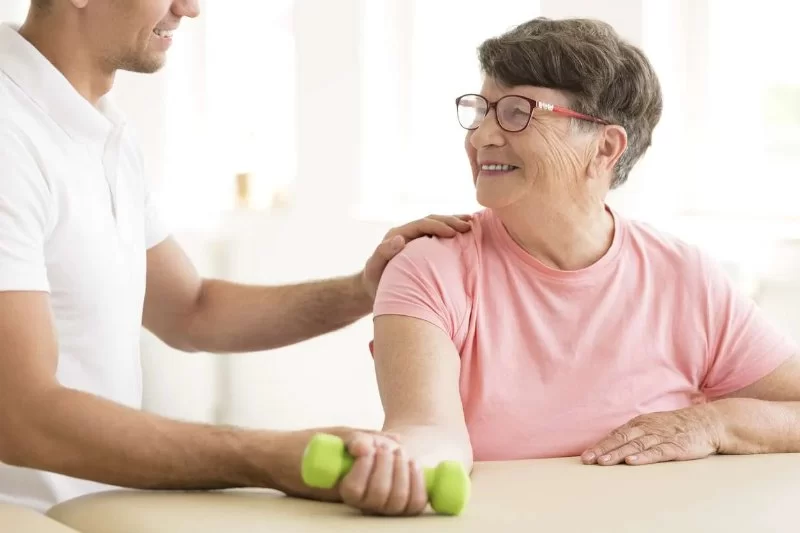
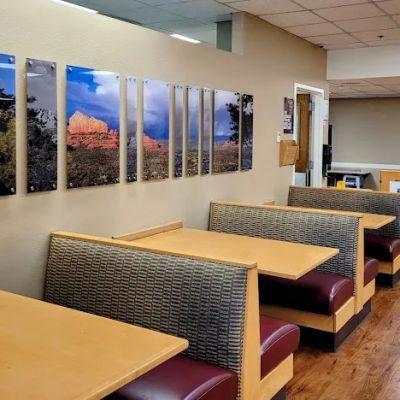
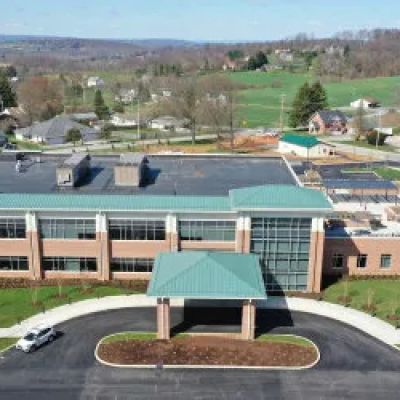
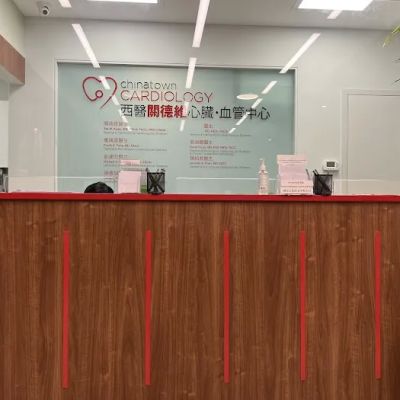
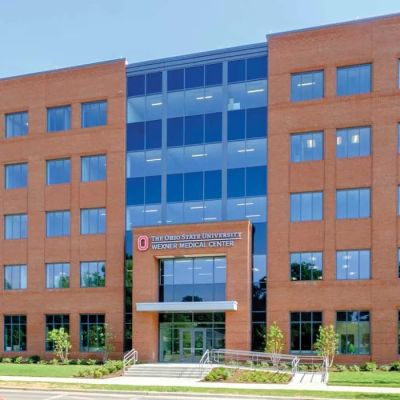
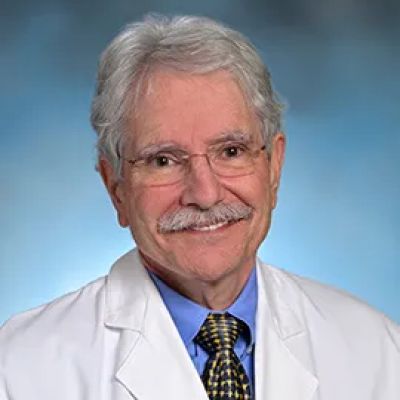
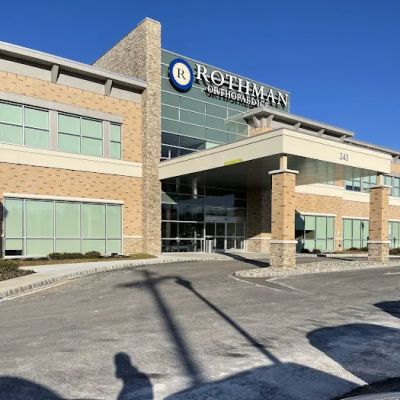
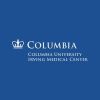
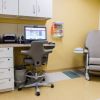
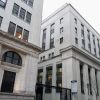
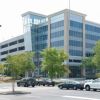

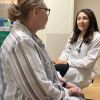






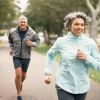
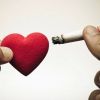
Atlantic Rehabilitation
atlantic rehabilitation institute
651 Willow Grove St, Hackettstown, NJ 07840, USA